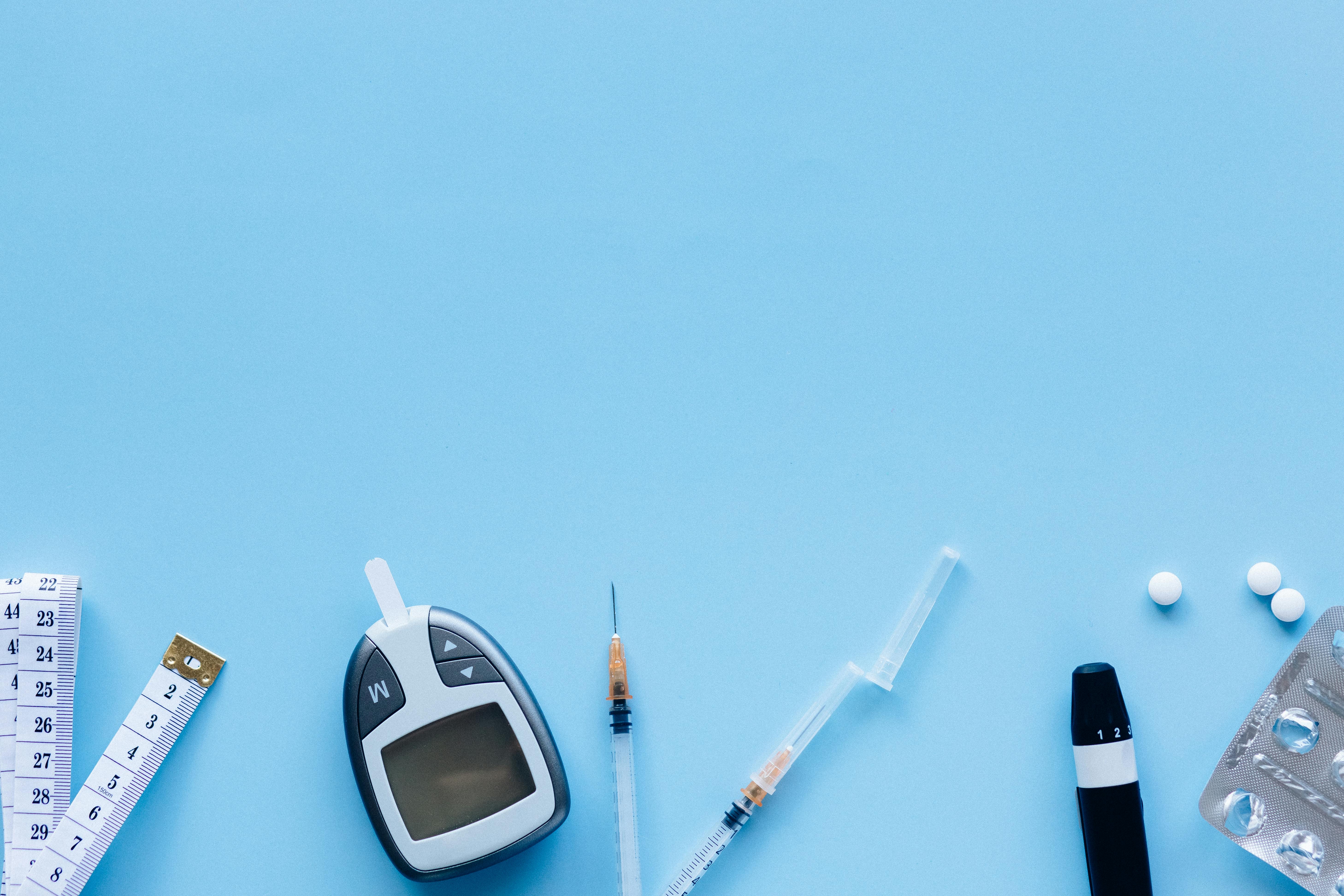
Type 2 Diabetes – Importance of Vaccination in Diabetes
 People with increased blood sugar levels: prediabetics and Type 2 diabetics, have decreased immunity making them vulnerable to various bacterial, viral and fungal infections according to a study conducted at the Tri-Service General Hospital, National Defense Medical Center, Taipei, Taiwan. The results of this study were published in the May 1995 issue of Diabetes Research and Clinical Practice. In fact, in this study the researchers discovered uncontrolled Type 2 diabetes results in the decreased proliferation and activity of while blood cells, the defenders of the human body against infections and certain types of cancer. As a result, many diabetics have a higher case of morbidity due to various communicable infections compared to their non-diabetic counterparts.
People with increased blood sugar levels: prediabetics and Type 2 diabetics, have decreased immunity making them vulnerable to various bacterial, viral and fungal infections according to a study conducted at the Tri-Service General Hospital, National Defense Medical Center, Taipei, Taiwan. The results of this study were published in the May 1995 issue of Diabetes Research and Clinical Practice. In fact, in this study the researchers discovered uncontrolled Type 2 diabetes results in the decreased proliferation and activity of while blood cells, the defenders of the human body against infections and certain types of cancer. As a result, many diabetics have a higher case of morbidity due to various communicable infections compared to their non-diabetic counterparts.
According to John Hopkins POC-IT: (Point of Care Information Technology Center), two of the most common infectious causes of morbidity and mortality among adults with Type 2 diabetes are influenza and pneumococcal infection:
Influenza, commonly known as the “flu”, is a viral infectious disease that targets the respiratory system. As mentioned by Medline Plus, five to twenty percent of the American population becomes sick with this viral infection every year. For adults without an immunocompromised condition, influenza may come and go with only mild symptoms. However, in anyone with an altered immunity, this may cause potentially fatal consequences.
On the other hand, a pneumococcal infection may lead to pneumonia. However, as mentioned by the National Institute of Allergy and Infectious Diseases, this infection may also find its way into the blood, the middle ear and even to the nervous system. It is caused by Streptococcus pneumoniae, a type of bacteria. Young children, elderly people, and those suffering from immunocompromised conditions such as Type 2 diabetes, patients on chemotherapy, and HIV and AIDS sufferers, may become victims of this potentially deadly infection.
According to the John Hopkins POC-IT Center, the yearly influenza vaccination leads to a fifty-four percent reduction of hospitalization and a fifty-eight percent decreased mortality rate for Type 2 diabetics. However, statistical findings for pneumococcal infection are still unavailable. Interestingly, as mentioned above, influenza vaccinations can also decrease the rate of morbidity and mortality associated with cardiovascular diseases in diabetics.
In the United States only thirty-eight percent of diabetics receive their pneumococcal vaccination. It is interesting to see around thirty-three to seventy-five percent of adult diabetics receive their influenza vaccination annually.
Why not take the time to discuss vaccination with your health care provider, as annual flu vaccination is recommended for people with diabetes because their chance of becoming seriously ill is higher than that of the general population.








